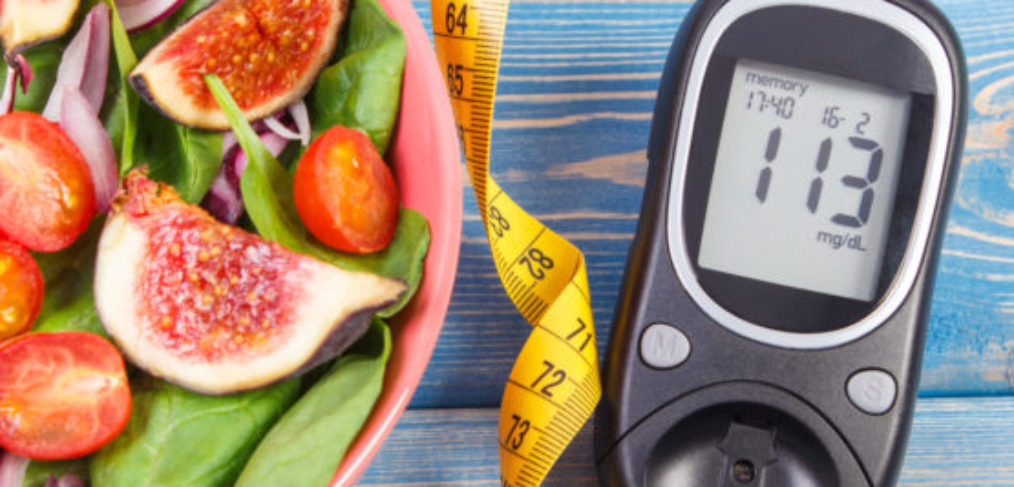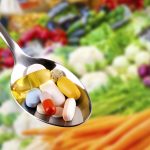Do We Really Need to Test Food = Medicine?

Apparently so.
According to a recent article in the NY Times (1), “a study will see if nutritious meals for the chronically ill can improve health and cut costs”.
Over the next three years, researchers from UCSF and Stanford will be assessing whether providing daily nutritious meals to chronically ill patients on Medi-Cal will affect their prognosis and treatment or cost of medical care.
Specifically, they’ll be looking at patients with diagnoses of congestive heart failure or Type 2 Diabetes who eat a healthier diet and nutrition information compared to the other group of similar Medi-Cal patients who do not receive the food and information.
While it’s certainly a step in the right direction to see the government and accredited universities acknowledging that there could possibly, just maybe, be a even the slightest correlation between what one eats and what their overall health profile looks like as a result, the first thing that springs to my mind is what version of a healthy diet will they be using?
The one that we’ve been told is the way to eat for good health by the USDA?
Including recommendations to avoid eating too much fat, to go heavy on the grain-based carbs and that everything, including white sugar, is ok in moderation?
Food as an industry has made things so confusing, and taken is so far away from what it really is that we should be eating, that it’s become commonplace to not know what to eat, when to eat it, where to get it and, most importantly whether or not it truly is a healthy option.
How can one decipher which expert’s advice to listen to, whose podcast gives the most accurate information and what doctor is offering the most unbiased guidance, genuinely geared to your own best health in mind?
It’s difficult not to be skeptical when, as one of the associate professors in the study, Dr. Hilary K Seligman, cited in the article, puts it, “the medical profession accepts the most expensive procedures without batting an eyelash, but with food, we have to prove it’s inexpensive to be accepted.”
I’ve often said that there’s no money in health, but a fortune in sickness.
By suggesting that we rely on the highly processed diet so typical of what many Americans eat, which, in truth, sets us up for increased risk of insulin sensitivity, diabetes, obesity, heart disease and auto immune disease, as opposed to a more authentic, human way of eating (2), we are in turn set up to then have to rely on big pharma to address all the health issues we create unknowingly.
The biggest shame of all is that if we don’t know the right questions to ask, we don’t know the right questions to ask.
Being in that space myself for years, prior to having to turn into my own detective and discover the core reason for my own years of being ill (mainly eating gluten), I know first hand how it feels to be caught up in the messy maze of being misdiagnosed, offered prescriptions as band-aids and never being asked what I was eating.
I’ve found one piece of guidance to be the most useful, across the board, regardless of what health issue one might be dealing with: think about what your grandparents (or, for those of you spring chickens out there, great-grandparents) ate.
They certainly were not eating packaged items called snack food, eating every two hours or having to decipher confusing labels.
They just ate food. Food which grew in the area they lived in. Or, food that swam in the seas or rivers nearby, or ran on the land outside their doorstep.
So, let’s mimic that.
Which produce is available to you in your own community? Which proteins can you eat in moderation which came from nearby farms or waters? Are you incorporating a nice variety of natural fats?
That’s it.
The simplest way to cut to the chase.
No need to feel confused about label reading if there are no labels to read.
And who we do eat in this manner, authentic to the very core of our physiology, our bodies function optimally, we become less inflamed and healing can begin, even for those who have become very, very ill.
So, yes, food certainly is medicine, and the more we can each do our own part in terms of leading by example and educating those around us as a natural by-product, the closer we can get to a pro-active approach to food truly being regarded as the medicine, without a doubt.
Maybe even, dare I suggest, more easily than the idea that going to the western doctor for a pill as our first line of defense!
Undoubtedly, Western Medicine has made tremendous strides and can save lives.
We must just remember that taking pills needn’t, and shouldn’t be step one.
Without a solid food story in place, taking pills can be nothing more than a way to address a symptom, and to not factor in what we’re eating, the root cause would never be addressed.
Food = Medicine.
(1) https://www.nytimes.com/2018/05/11/health/food-as-medicine-california.html
(2) https://thepaleodiet.com/fight-inflammation-with-a-paleo-diet/





